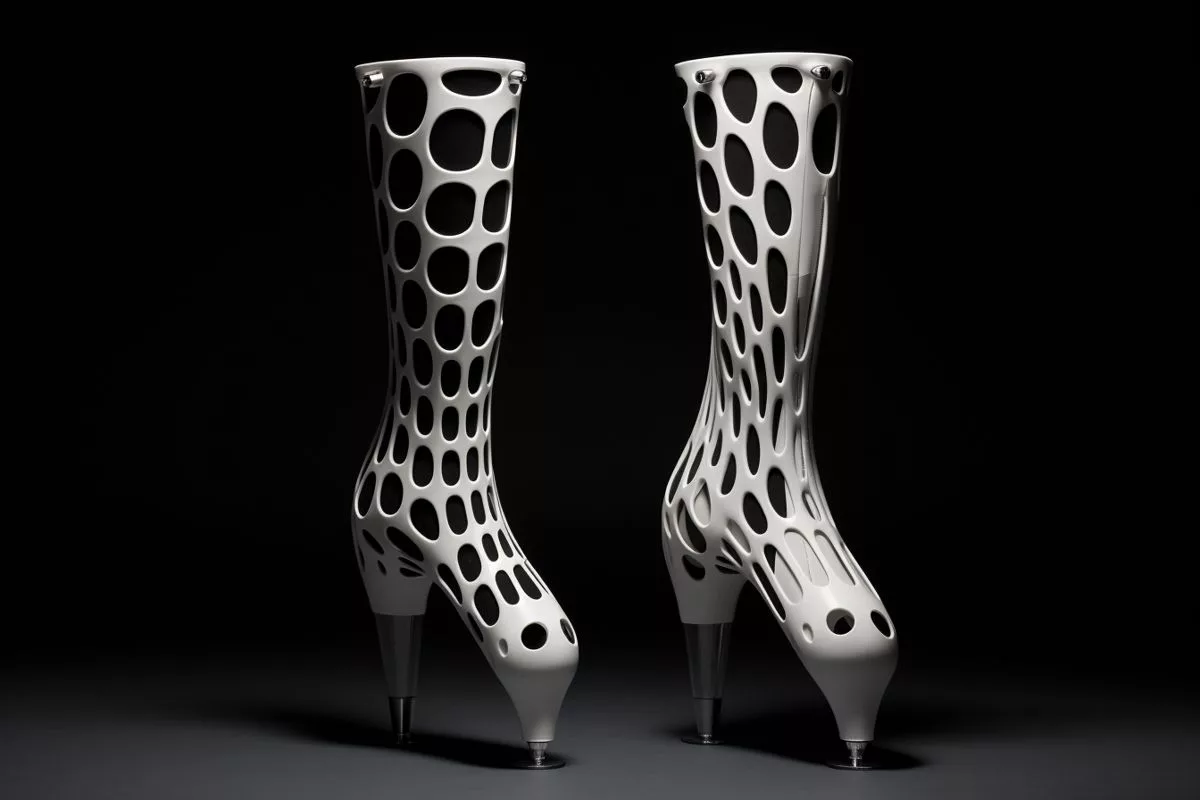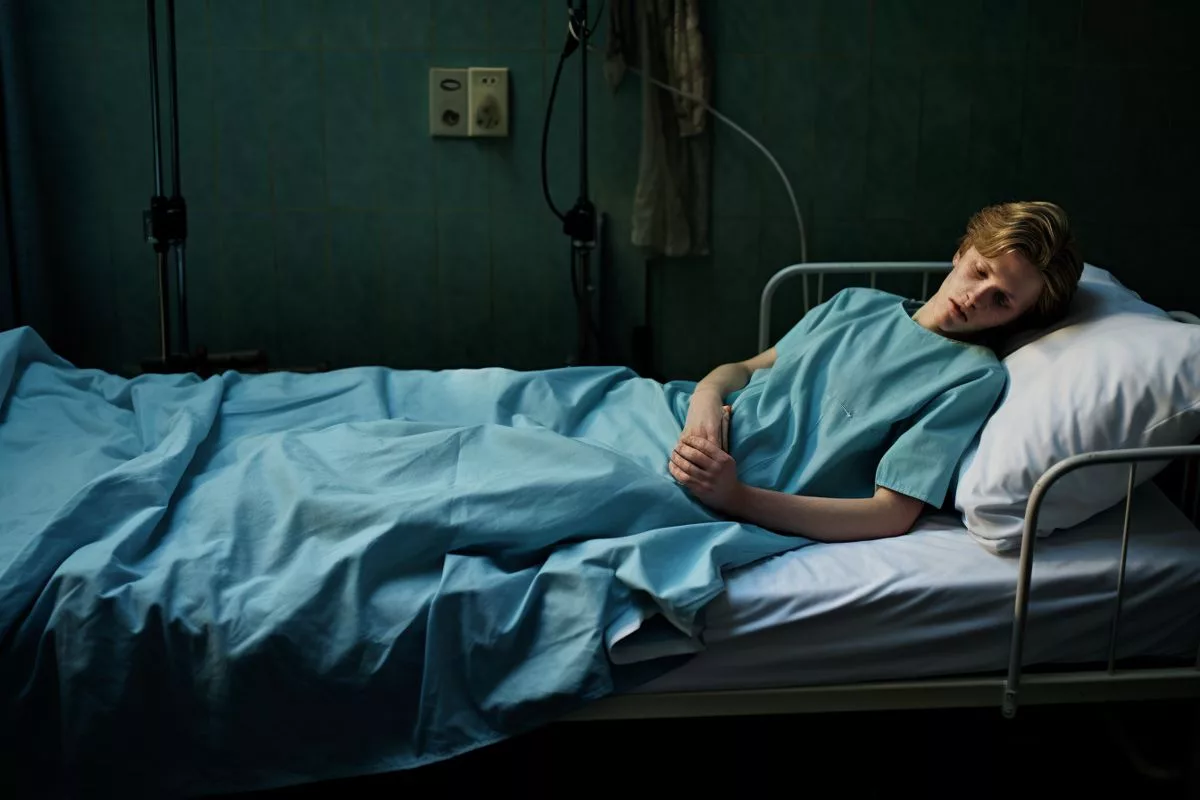Oscar Pistorius, the former South African Olympic runner known as the “Blade Runner,” has been granted early parole, a decade after being involved in the murder of his girlfriend, Reeva Steenkamp. The parole board approved his release despite doubts expressed by Steenkamp’s mother about his true rehabilitation. This decision marks a surprising turn in a saga that has held the world’s attention and continues to serve as a potent symbol of the interplay between fame, violence, justice, and healing.
Oscar Pistorius Granted Early Parole
Former South African Olympic runner, Oscar Pistorius, has been granted an early parole, a decade after being involved in the high-profile murder of his girlfriend. While Reeva’s mother expressed doubts about Pistorius’s true rehabilitation during the parole hearing, his parole was approved by the board. The parole hearing took place at a correctional facility just beyond Pretoria.
In a notable turn of events, Oscar Pistorius, the former South African Olympic runner, has been granted an early parole. This development comes a decade after he was involved in the high-profile murder of his girlfriend, Reeva Steenkamp, an incident that held the world’s attention. The parole board, charged with determining Pistorius’s readiness for societal reintegration, made the decision.
Pistorius, born in 1986, shot to global stardom as the “Blade Runner” due to his carbon-fibre prosthetic legs. His narrative is an intertwined tale of victory and disaster, with elements of sportsmanship, celebrity status, aggression, and repentance.
However, Pistorius’s parole isn’t being universally welcomed. Reeva’s mother, June Steenkamp, expressed her doubts about Pistorius’s true rehabilitation during the parole hearing. In her view, sincere rehabilitation requires a truthful confrontation with the full extent of the crime and its repercussions. She maintained that remorsefulness is impossible without the full acceptance of truth. Nevertheless, she didn’t stand against his parole.
Behind the Parole Hearing
The parole hearing took place at a correctional facility just beyond Pretoria, marking Pistorius’s second parole attempt in less than a year. His initial attempt in March was unsuccessful as the board decided that he hadn’t completed the mandatory minimum detention duration. However, the Constitutional Court overturned this decision last month, deeming it incorrect and paving the way for a new parole hearing.
The incident that resulted in Pistorius’s imprisonment unfolded in the early hours of Valentine’s Day 2013. Pistorius unloaded four bullets through the bathroom door of his secured Pretoria home, killing model Reeva Steenkamp. He pleaded not guilty, insisting that he had mistaken Steenkamp for an intruder.
However, June Steenkamp disputed Pistorius’s recounting of the incident. In her statement to the parole board, she expressed disbelief that her daughter’s screams, heard by neighbours, hadn’t reached Pistorius. Despite her skepticism, she publicly forgave him, asserting that holding onto her anger would have been harmful to her well-being.
The Road to Rehabilitation and Final Verdict
During his rehabilitation, Pistorius sought to reconcile with Steenkamp’s parents, acknowledging the pain he had inflicted on their family. June Steenkamp, however, was absent from the parole hearing, opting for representation by a family spokesperson and a lawyer.
The parole board, comprised of correctional services and community representatives, assesses whether a prisoner remains a risk to society. Their decision hinges on several factors, including the severity of the committed crime and the prisoner’s conduct in prison. A successful parole application typically imposes conditions like periodic surveillance by authorities and a requirement to report to a community correction center.
In summary, Oscar Pistorius’s early parole opens a new chapter in a story marked by victory, tragedy, anger, and repentance. His narrative continues to mesmerize people around the globe, serving as a potent symbol of the intricate interplay between fame, violence, justice, and healing.
1. Who is Oscar Pistorius?
Oscar Pistorius is a former South African Olympic runner known as the “Blade Runner” due to his carbon-fibre prosthetic legs. He gained global fame for his sporting achievements and notoriety for his involvement in the murder of his girlfriend, Reeva Steenkamp.
2. Has Oscar Pistorius been granted early parole?
Yes, Oscar Pistorius has been granted early parole, a decade after being involved in the high-profile murder of his girlfriend. His parole was approved by the board despite doubts expressed by Steenkamp’s mother about his true rehabilitation.
3. When did the parole hearing take place?
The parole hearing took place at a correctional facility just beyond Pretoria, marking Pistorius’s second parole attempt in less than a year. His initial attempt in March was unsuccessful.
4. What was the incident that led to Pistorius’s imprisonment?
Pistorius shot and killed his girlfriend, model Reeva Steenkamp, in the early hours of Valentine’s Day 2013. He pleaded not guilty, insisting that he had mistaken Steenkamp for an intruder.
5. What factors influence the parole board’s decision?
The parole board considers several factors, including the severity of the committed crime and the prisoner’s conduct in prison. Their decision hinges on whether the prisoner remains a risk to society.
6. What conditions are typically imposed in a successful parole application?
A successful parole application typically imposes conditions like periodic surveillance by authorities and a requirement to report to a community correction center.












